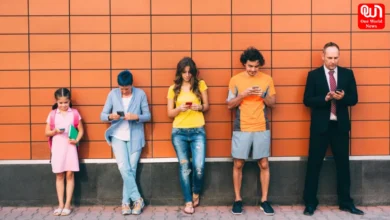How lockdown has impacted non-migrant poor workers in New Delhi, A study

We all have talked about poor migrant workers now let’s talk about non-migrant poor workers
We all have seen the flock of migrant workers walking up to 1000 kilometres to reach their home in more than 40 degrees Celsius. We all have wondered how they would be feeling about the city which has abandoned them whom they built with their blood and sweat. Despite buses and trains, many migrant workers are still walking for more than 20 to 30 days to reach their home without proper food. But while we are talking about poor migrant workers let’s not forget about poor non-migrant workers.
We will understand the challenges faced by poor non-migrant urban workers in this article as they too are not getting any work due to lockdown. Recently, a study was conducted by researchers of the University of British Columbia and University of Chicago, which found out that 9 out of 10 people’s weekly income, has fallen to zero. The study was conducted for more than two weeks and covered 1,392 people living in the slums or unauthorized colonies.
Read more: Pandemic is making it hard for Street Children: How you can do your bit?
Three Key points in the study
Using the Facebook utility data, the study found out that intra-state travel decreased by 80 per cent right after the lockdown was announced on March 24. The study found out three main points. The first one is that the lockdown resulted in a significant economic loss (which is obvious) with income falling by 57 per cent and days worked falling by 73 per cent.
Second point suggests that people followed the directives of public health as time spent indoors increased by 51 percentage points, usage of mask increased by 73 percentage points, hand washing rose by 10 percentage points and smoking decreased by 13 per cent.
Third point says that economic impact on poor was somewhat mitigated by the government’s initiatives like food assistance but about 64 per cent of the urban non-migrant poor workers could not avail food assistance.
Read more: Plight of a Poor: There is ‘No Roti’, how can even they think of Kapda & Makaan?
The researchers said despite people benefitting from the government’s assistance, guidelines and aid, there is a concern about mental health, personal savings, and supply chains against the backdrop of the rising infection rate. It also said that it remains to be seen whether public health compliance will persist, as the fear, novelty and media coverage decreases.
The study also suggests that there are relatively high rates of mental and emotional well-being problems, dwindling levels of reported savings and ongoing challenges in terms of lower quantities and higher prices.
Have a news story, an interesting write-up or simply a suggestion? Write to us at info@oneworldnews.com







